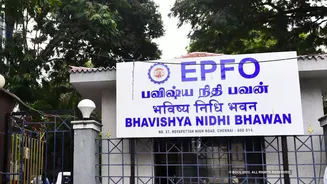The Indian Context
In India, where relationships and trust are paramount, effective grievance redressal is vital. It mirrors our cultural emphasis on resolving issues amicably,
akin to settling disputes over chai and conversations. A well-defined process boosts customer loyalty, crucial for long-term success in the market.
Legal Frameworks Discussed
India has several laws and regulations in place to protect consumer rights. These include the Consumer Protection Act. These legal frameworks ensure businesses have clear obligations regarding complaint handling and are essential for fostering accountability. Businesses must understand and adhere to these frameworks.
Benefits for Businesses
Implementing a strong grievance redressal system offers significant advantages. It can help businesses retain customers, as satisfied customers often become repeat customers and brand advocates. It also provides valuable feedback, allowing companies to improve their products and services, thus enhancing their brand image.
Key Redressal Methods
Businesses can adopt various methods, including online portals, dedicated customer service lines, and in-person complaint handling. These channels should be easily accessible and responsive. Providing multiple options accommodates the diverse preferences of Indian consumers, who value convenience and personalized support.
Ensuring Fair Practices
To ensure fair practices, transparency is essential. Businesses should clearly communicate their grievance redressal procedures. This includes providing timelines for responses and a clear escalation process. Addressing grievances promptly and with empathy strengthens customer trust and builds brand loyalty in the Indian market.














